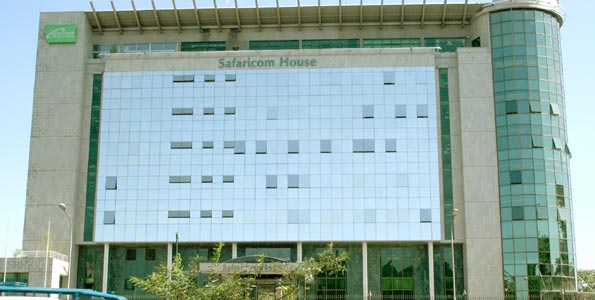The price wars in the telco industry have forced Kenya’s leading telco Safaricom to review its data charges to counter recent data cost reviews by fierce competitors Airtel and Telkom.
Safaricom, in a bid to remain competitive has revised its charges; data consumers will now be buying the 50 MBs and 50 SMS bundle at Ksh20 as they will the 150 MBs and 150 SMS bundle at Ksh50.
It will also be a relief for Safaricom subscribers who prefer weekly and monthly bundles as they will now receive the 350 MB at Ksh99 and 1GB at Ksh250.
The 3GB bundle will now be retailing at Ksh500 while the 2GB bundle will be going for Ksh500.
The 5GB bundle will retail at Ksh1000 while the 15GB will be available for customers at Ksh2000.
The telco also announced that the new tariffs will enable subscribers to continue using Whatsapp even after their data runs out until the expiry of the data duration.
“This decision has mainly been driven by listening to our consumer, at the end of the day what’s happening in the country now it comes in handy as things are not easy financially.’’ said Carolyne Kendi, Safaricom’s Head of Brand Marketing and Communication.
However, Safaricom finds itself in a tricky situation as days after it announced the new tariffs, President Uhuru Kenyatta in his memorandum to parliament, proposed a 20% tax on mobile money transaction services as well as a 15% levy on airtime and data services.
This is likely to send Safaricom back to the drawing board as it strategizes on how to deal with government policy and stiff competition from Airtel and Telkom.
This comes one month after Airtel cut down its cross network call charges by 50% in a bid to shore up its subscriber numbers in a market dominated by Safaricom.
In August, Airtel announced that plans are already in the pipeline to expand 4G availability to major towns in the country, a move experts have interpreted as geared towards reaching more people in Nairobi and Mombasa.
Telkom also announced the going live of 200 new 4G sites in Nairobi and its environs in August to cater for the growing demand on data, also aimed at targeting the urban market.













1 Comment